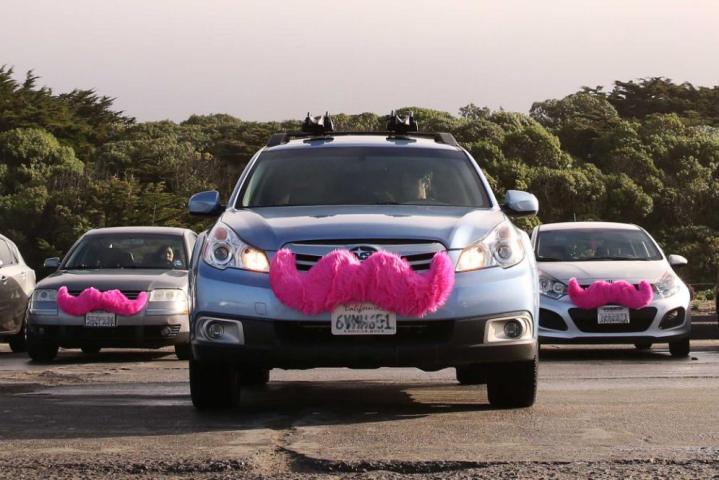
The decision came a couple of days after the City and Taxi Limousine Commission (TLC) advised New Yorkers not to step inside a Lyft car, claiming that the company had no authority to operate in the city. It added that Lyft drivers could face fines of up to $2,000 if the startup went ahead with the launch.
However, it’s not clear if Lyft made the decision to postpone the launch by itself, or whether it was made in response to the issuance of a court order.
Temporary restraining order?
In a move to ensure the ride-sharing service reconsidered its launch plans, Attorney General Eric T. Schneiderman and New York State Superintendent of Financial Services Benjamin M. Lawsky on Friday said they had filed a temporary restraining order against Lyft.
“After Lyft rejected a reasonable request by the State to delay its launch, we filed a motion for a temporary restraining order in State Supreme Court this morning,” the pair said in a joint statement.
It continued: “We pursued this action only after repeatedly offering to work with Lyft in order to ensure that its business practices complied with the law. Instead of collaborating with the State to help square innovation with statute and protect the public….Lyft decided to move ahead and simply ignore state and local laws.”
In a post on its blog, however, Lyft insisted it had “agreed” to put off the launch and plans to meet the TLC Monday “to work on a new version of Lyft that is fully-licensed by the TLC.” It said no temporary restraining order had been imposed, describing the wording of Schneiderman and Lawsky’s release as “a deliberate misstatement.”
Lyft told Digital Trends earlier in the week that it believed the TLC’s licensing rules don’t apply to its ride-sharing model and therefore felt it was clear to operate in the city.
The TLC disagreed, adding that the service also failed to comply with its strict safety requirements. To reassure potential customers, Lyft issued a “New York Safety Commitment” listing everything from background checks on its drivers to rigorous car inspections.
Lyft and city officials will return to court Monday, with the startup hoping to reach an agreement that’ll it to reschedule a launch date.
Editors' Recommendations
- Wordle is now playable on New York Times Crossword app
- Uber and Lyft face a cheaper ridesharing rival in New York City
- Apple launches expansive Maps update for New York City and beyond
- Apple AirPods falling onto subway tracks is a problem in New York City
- Uber’s new helicopter service lets riders smile wryly at the gridlock below

